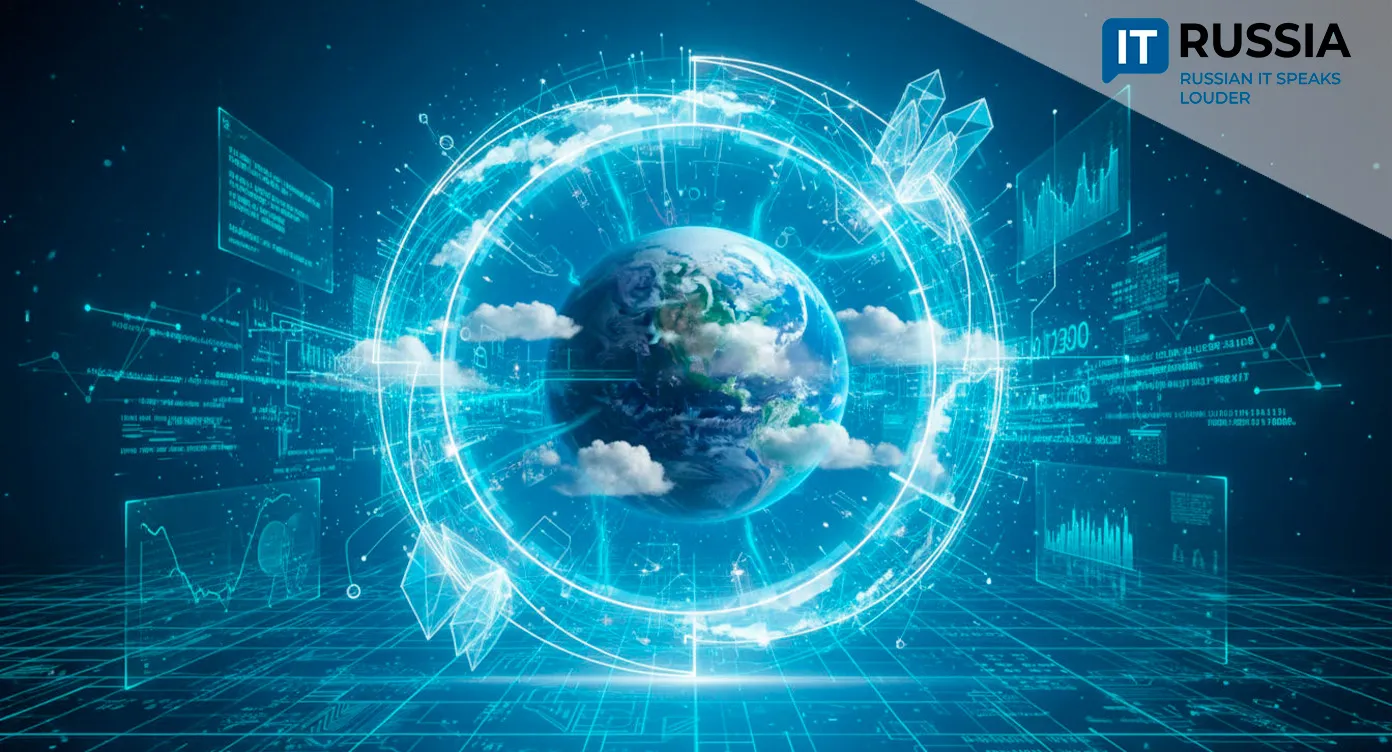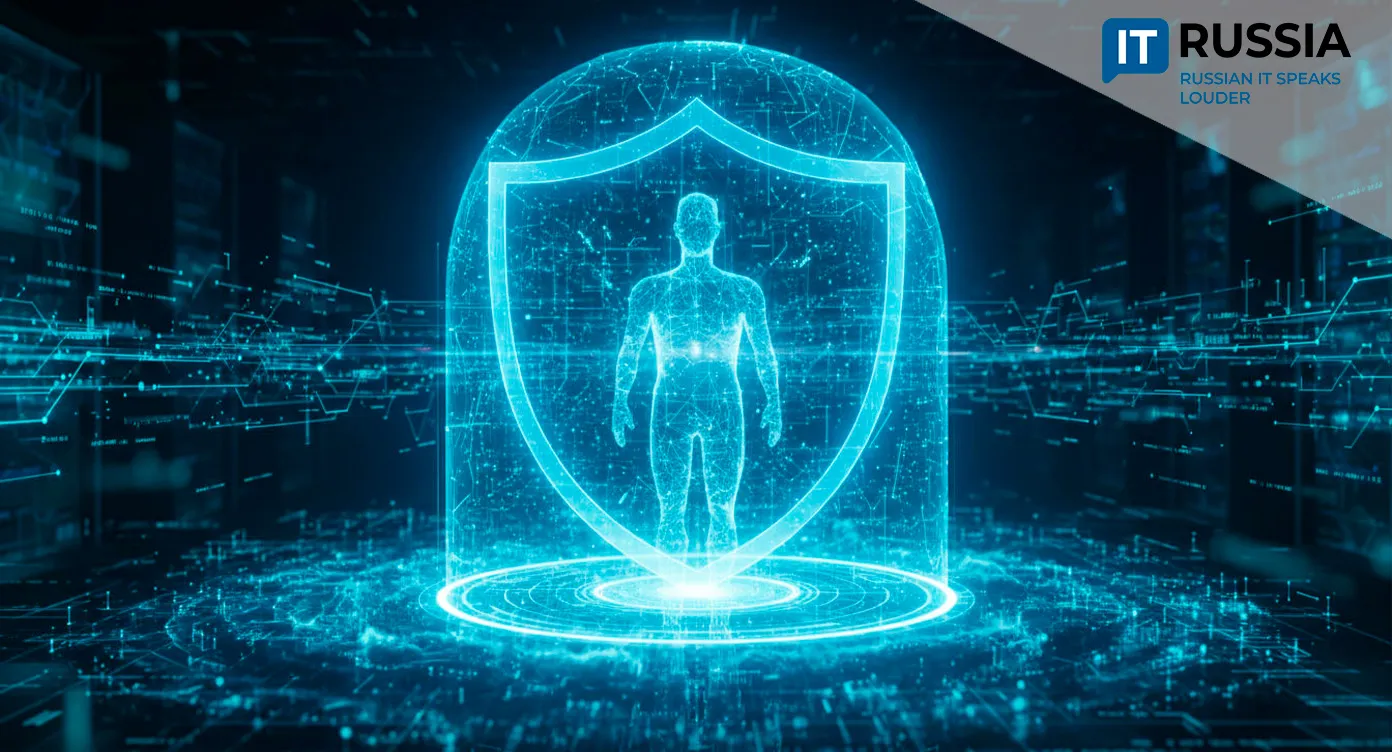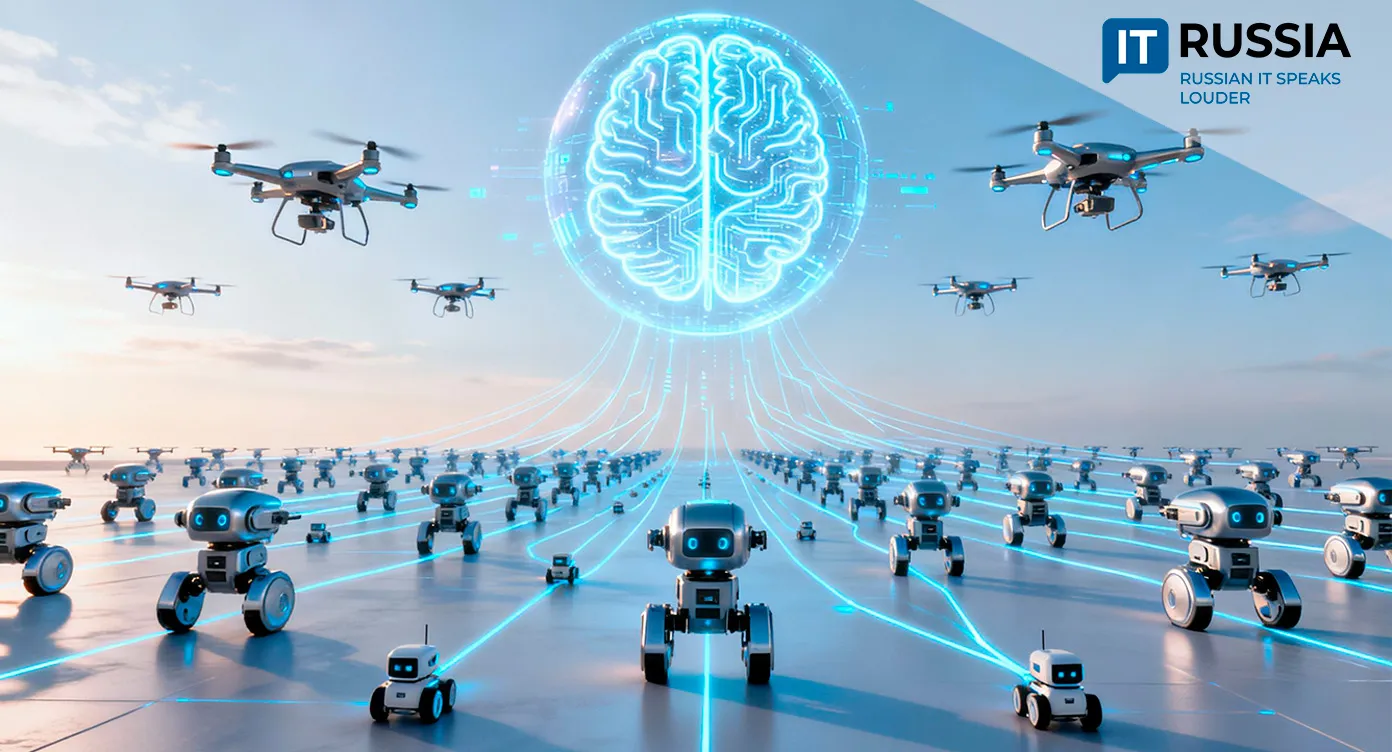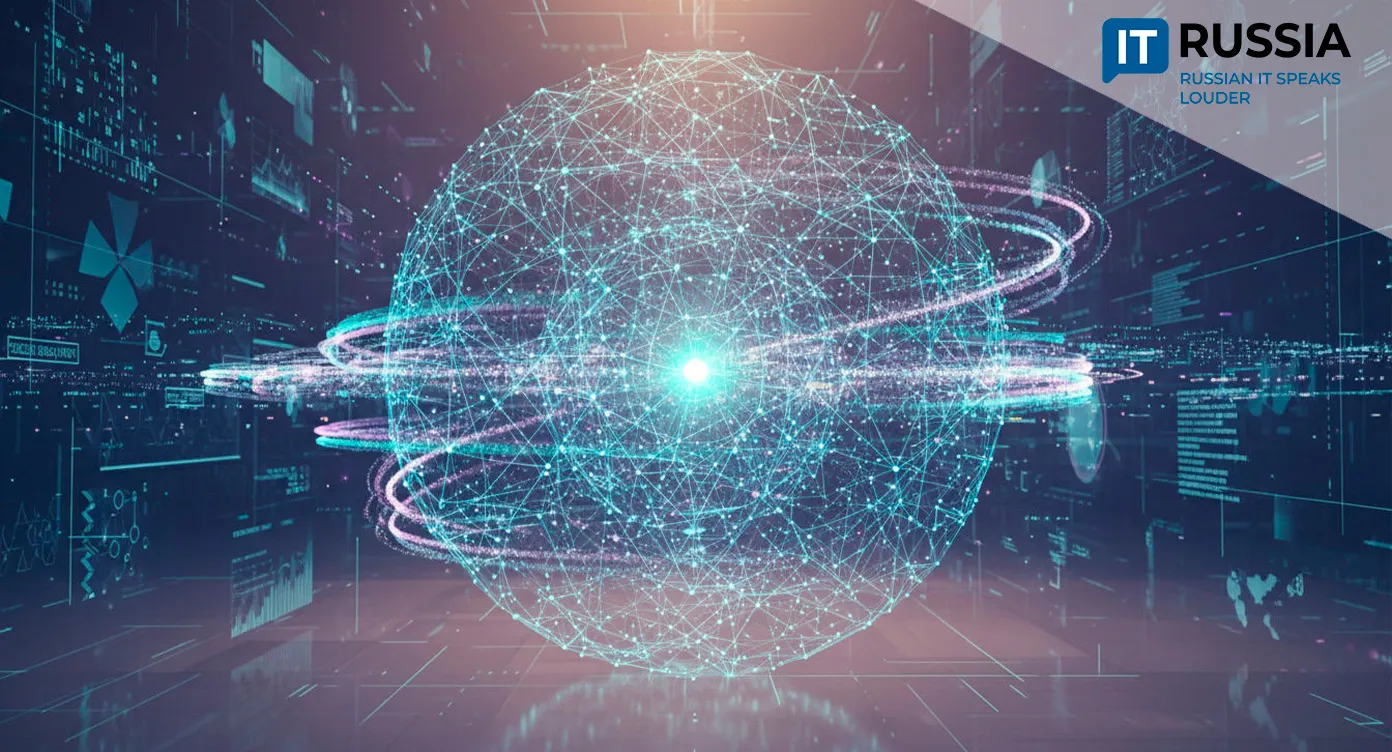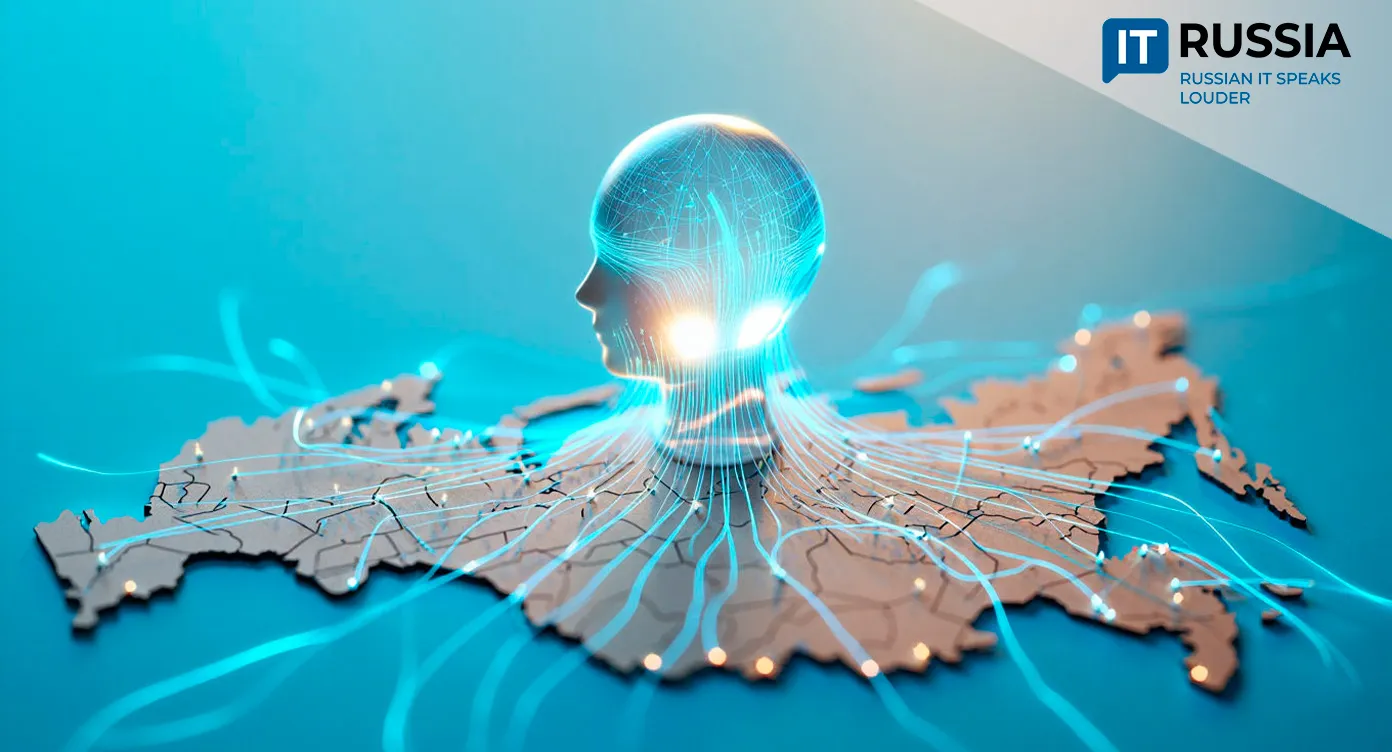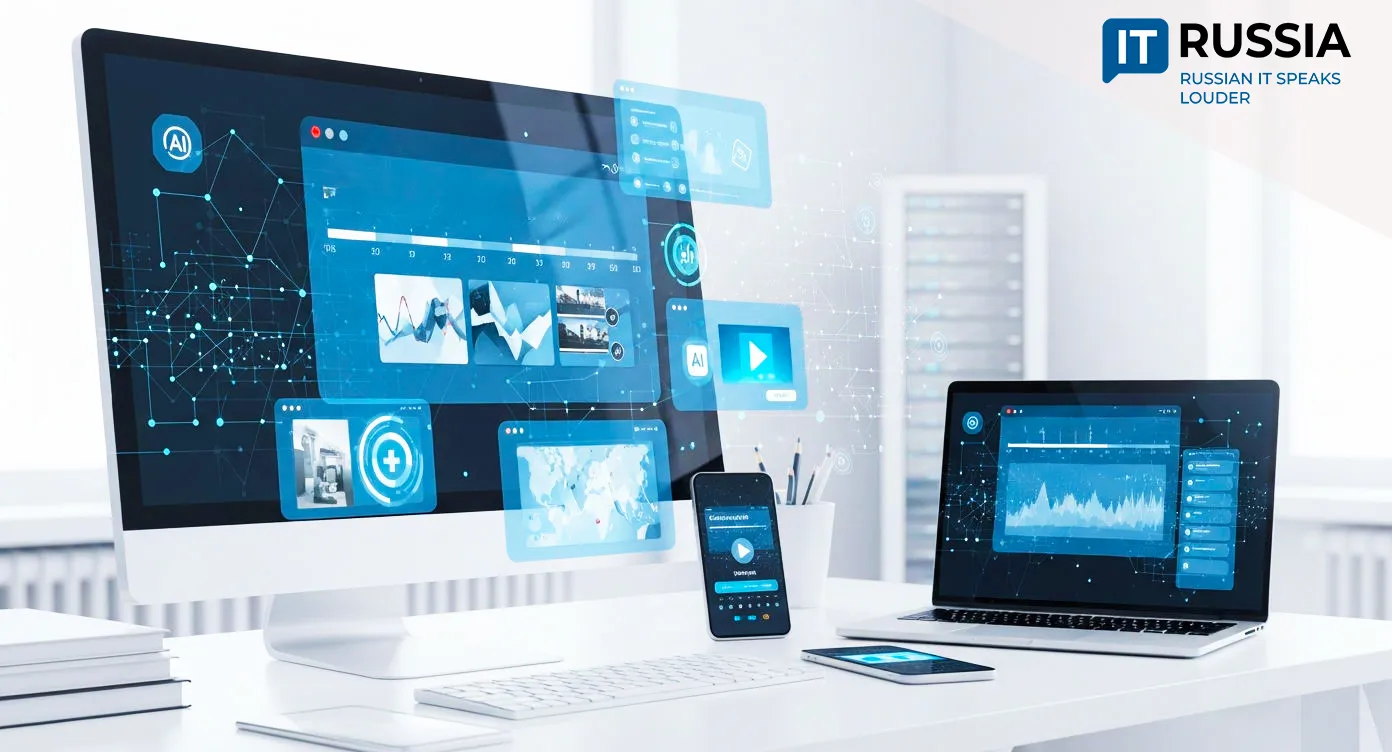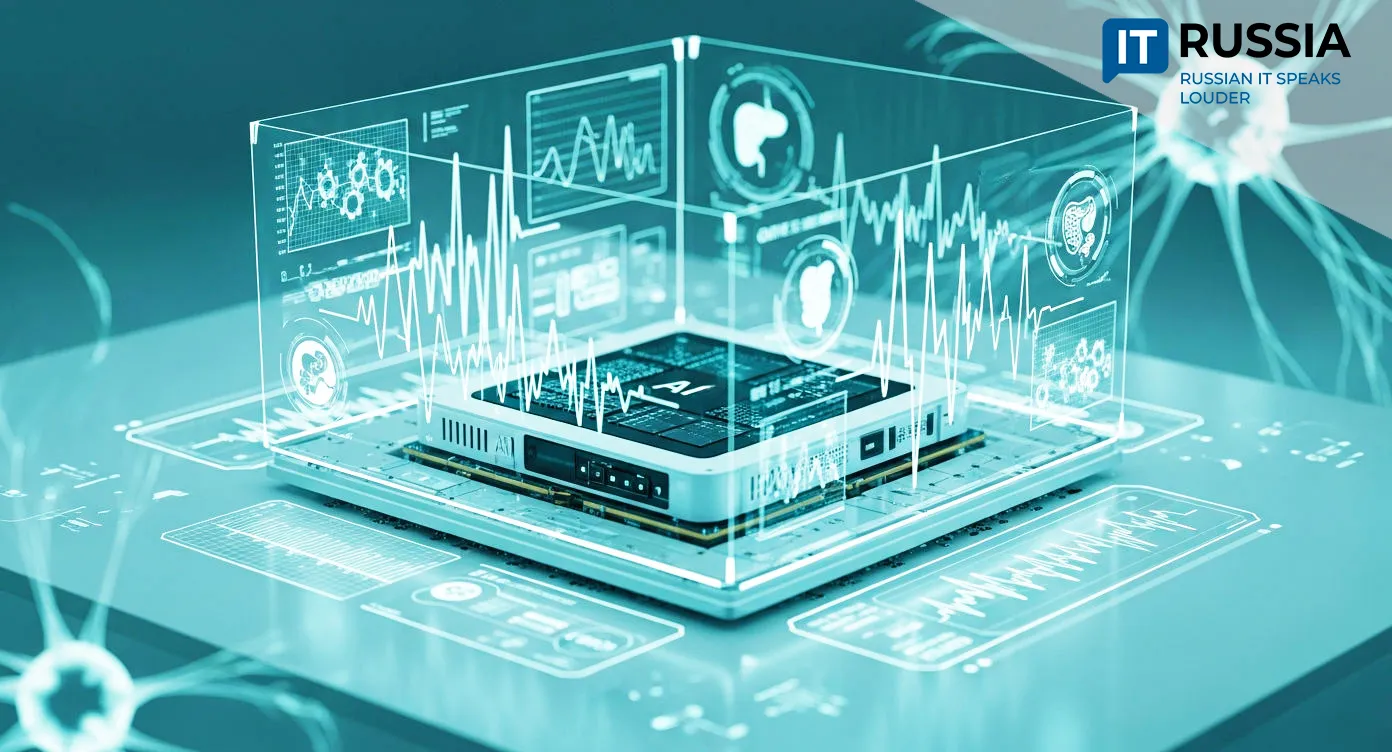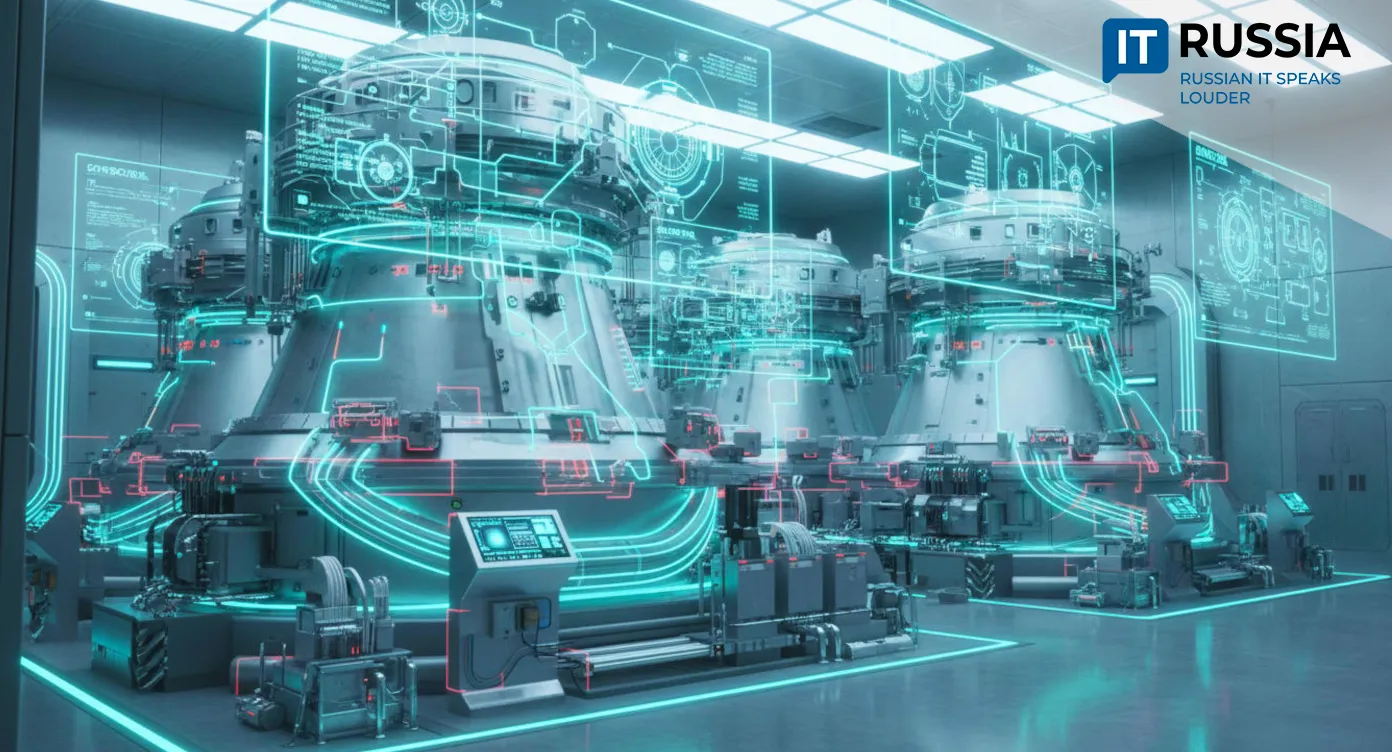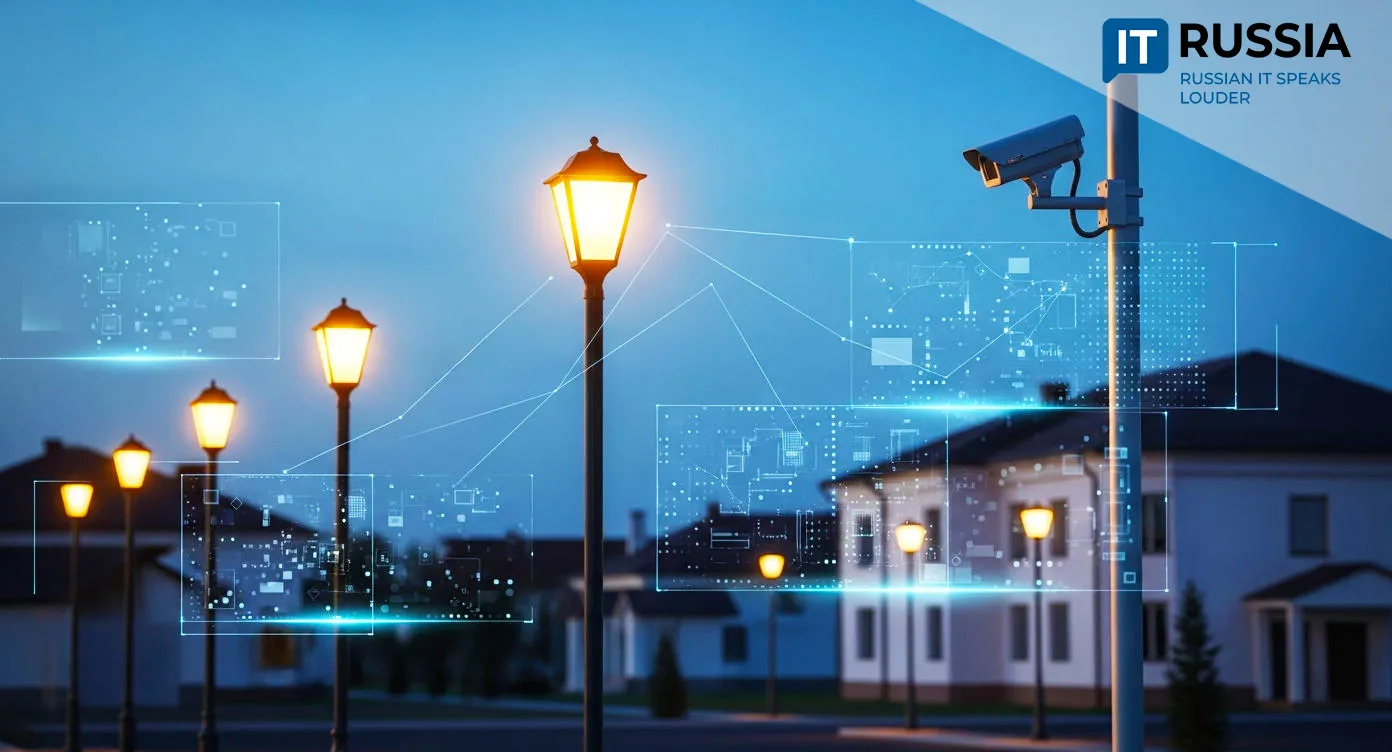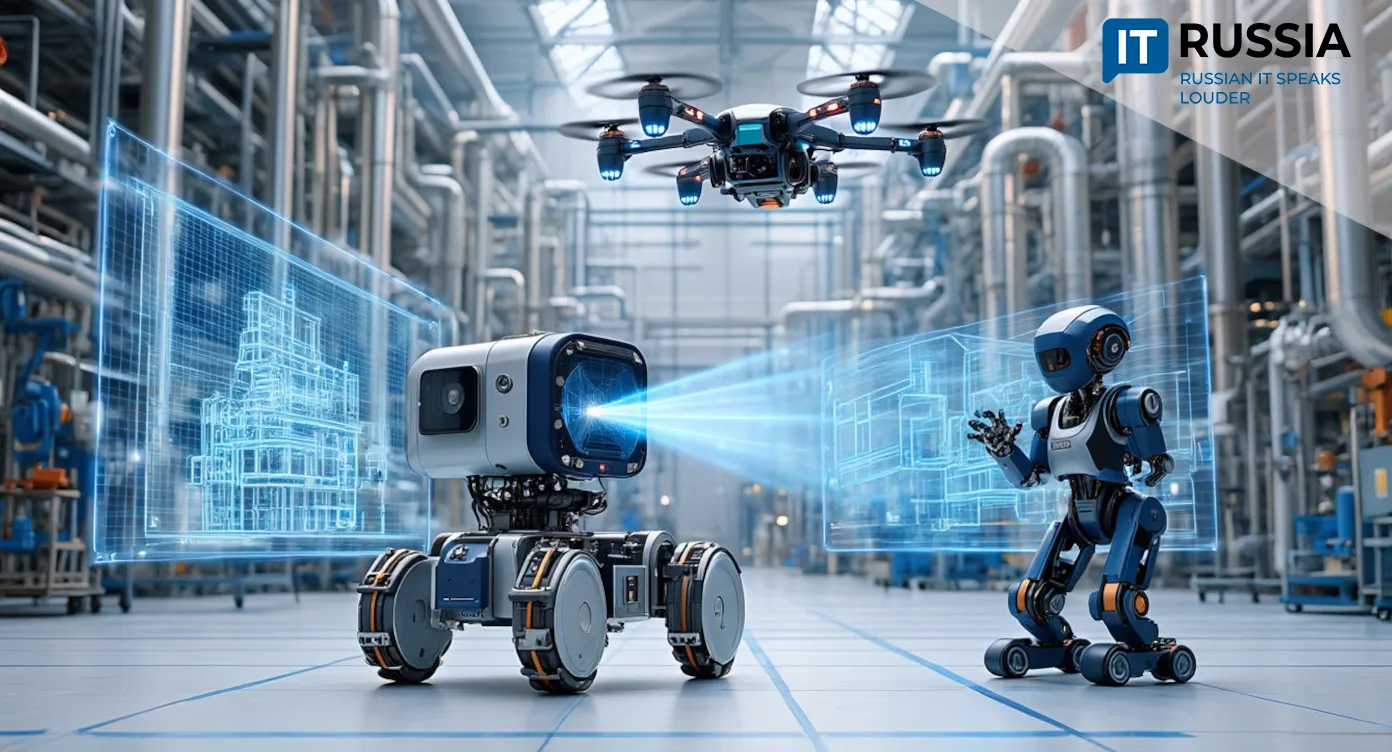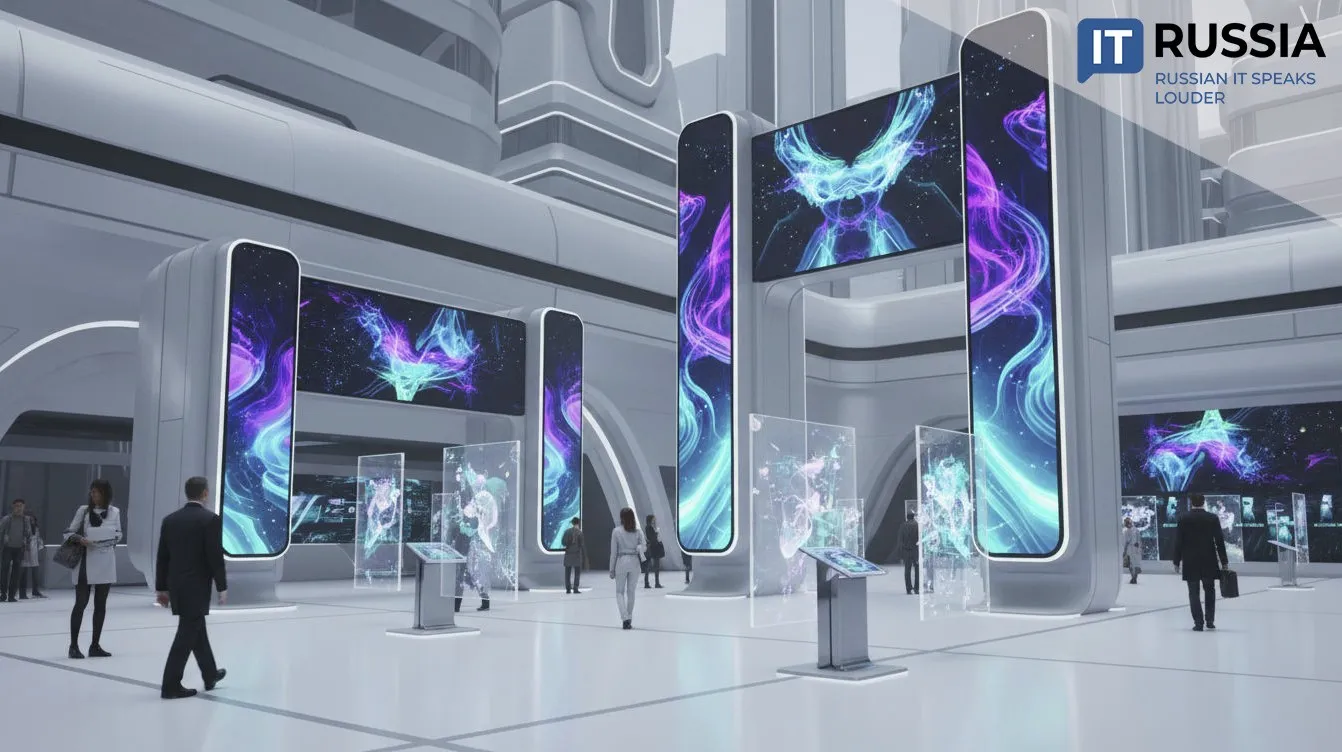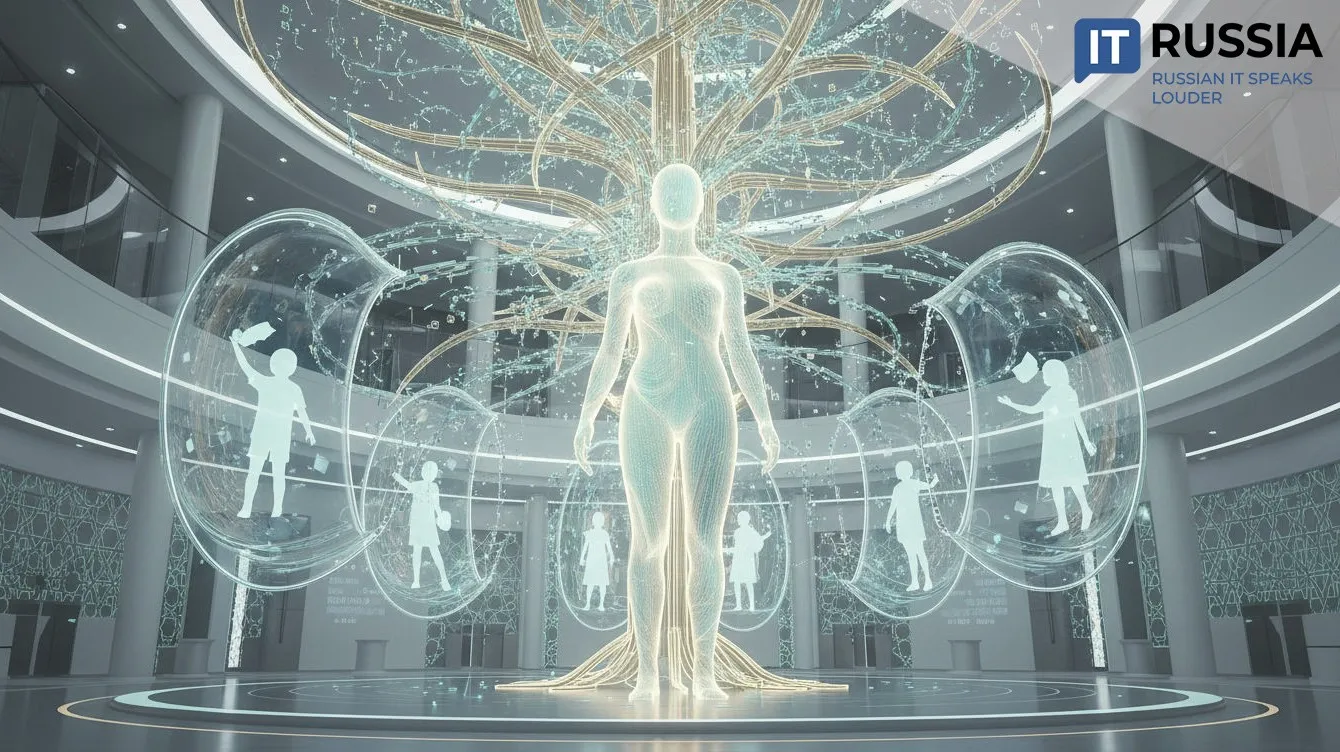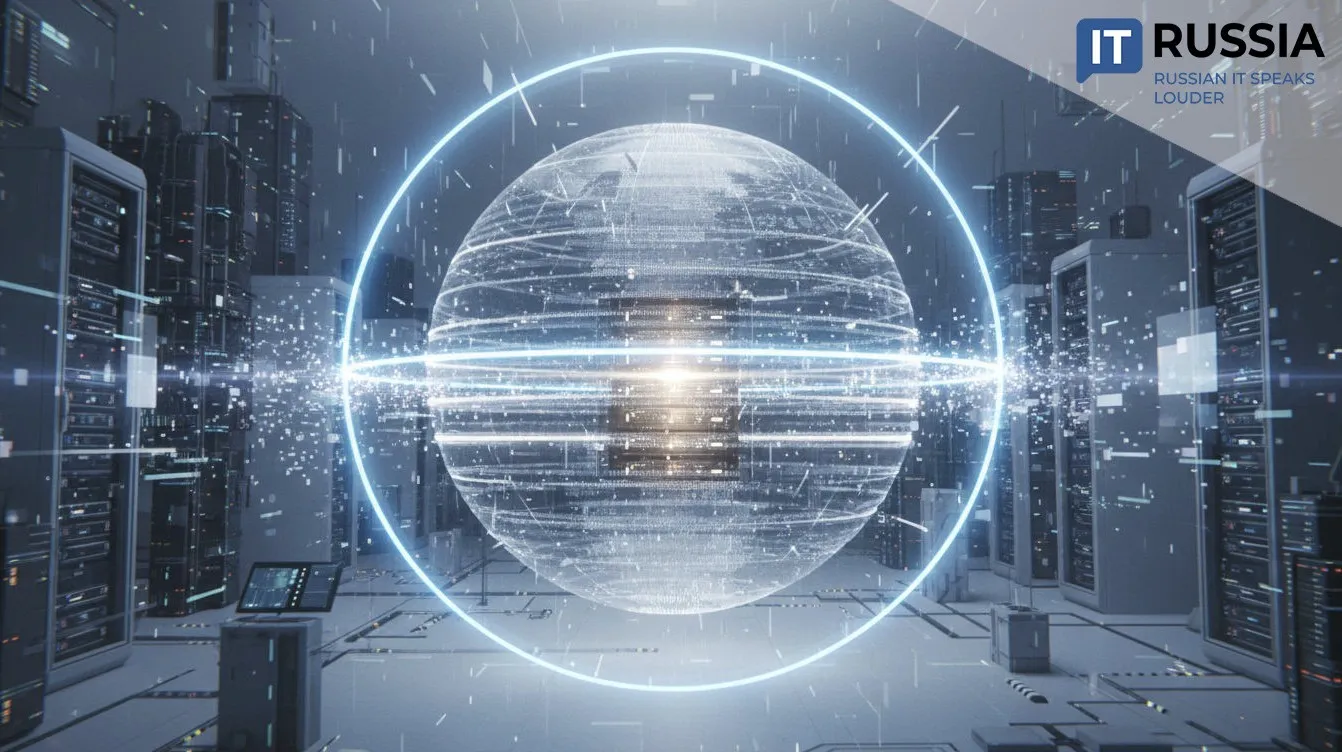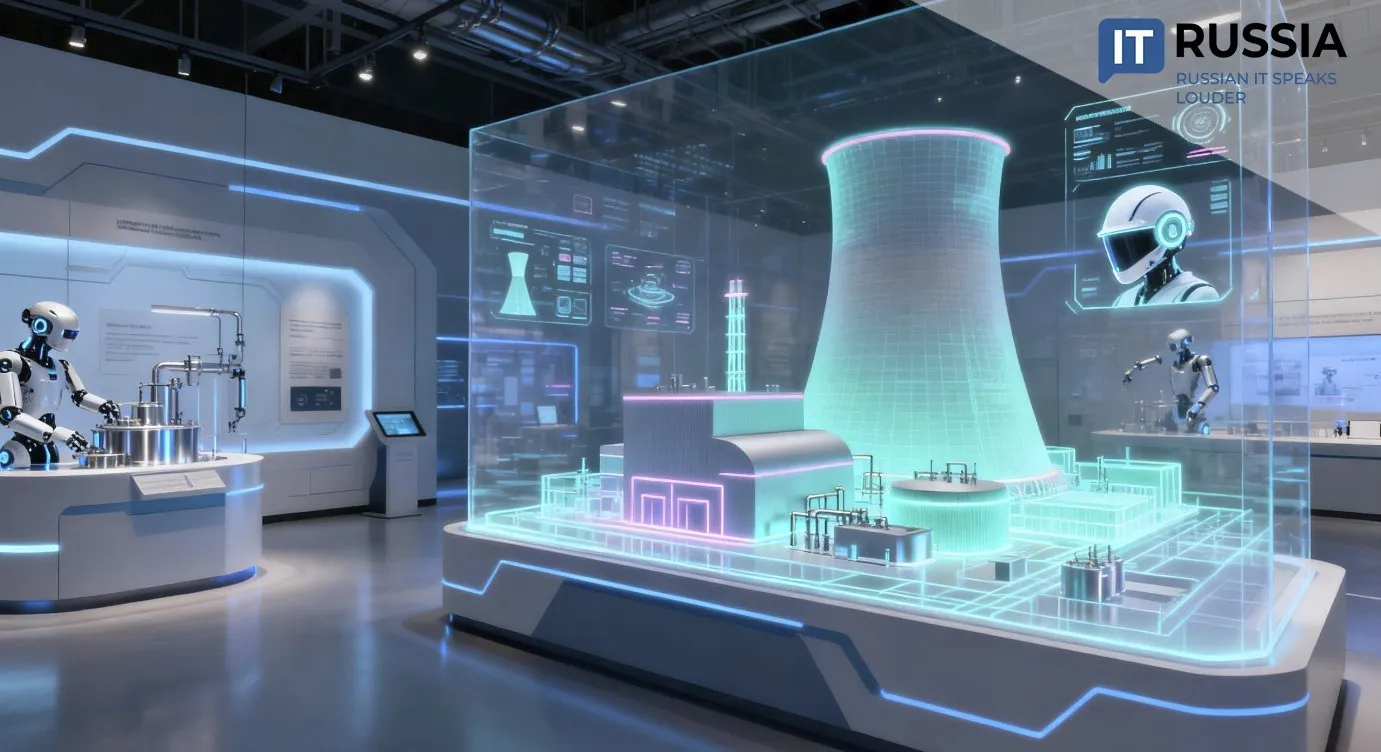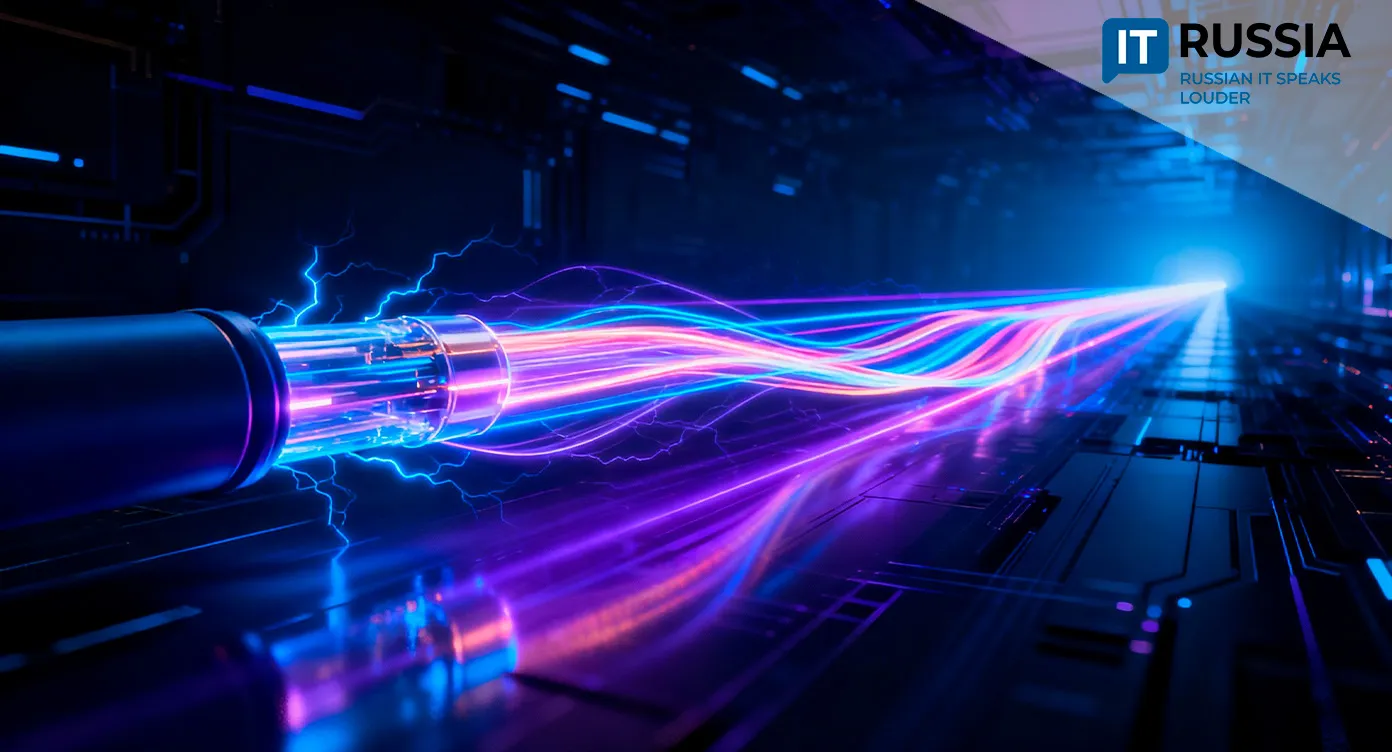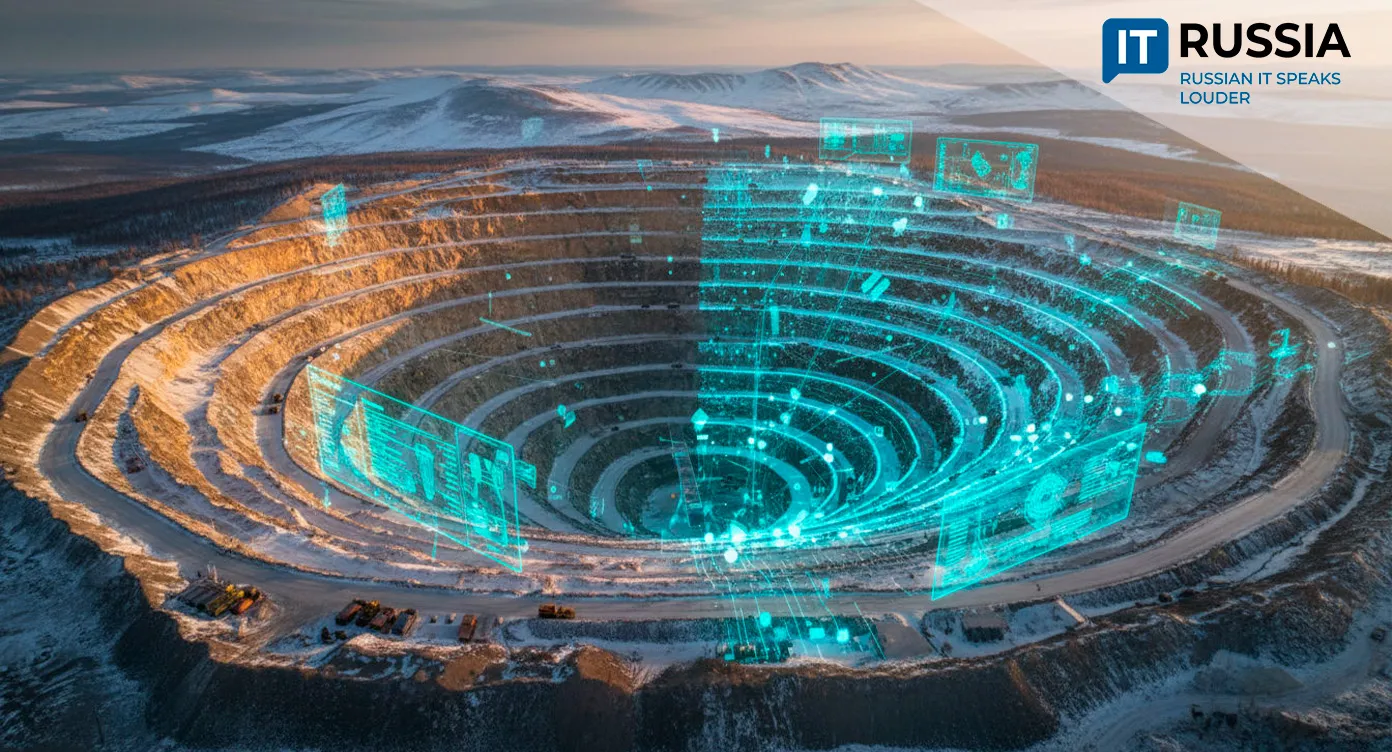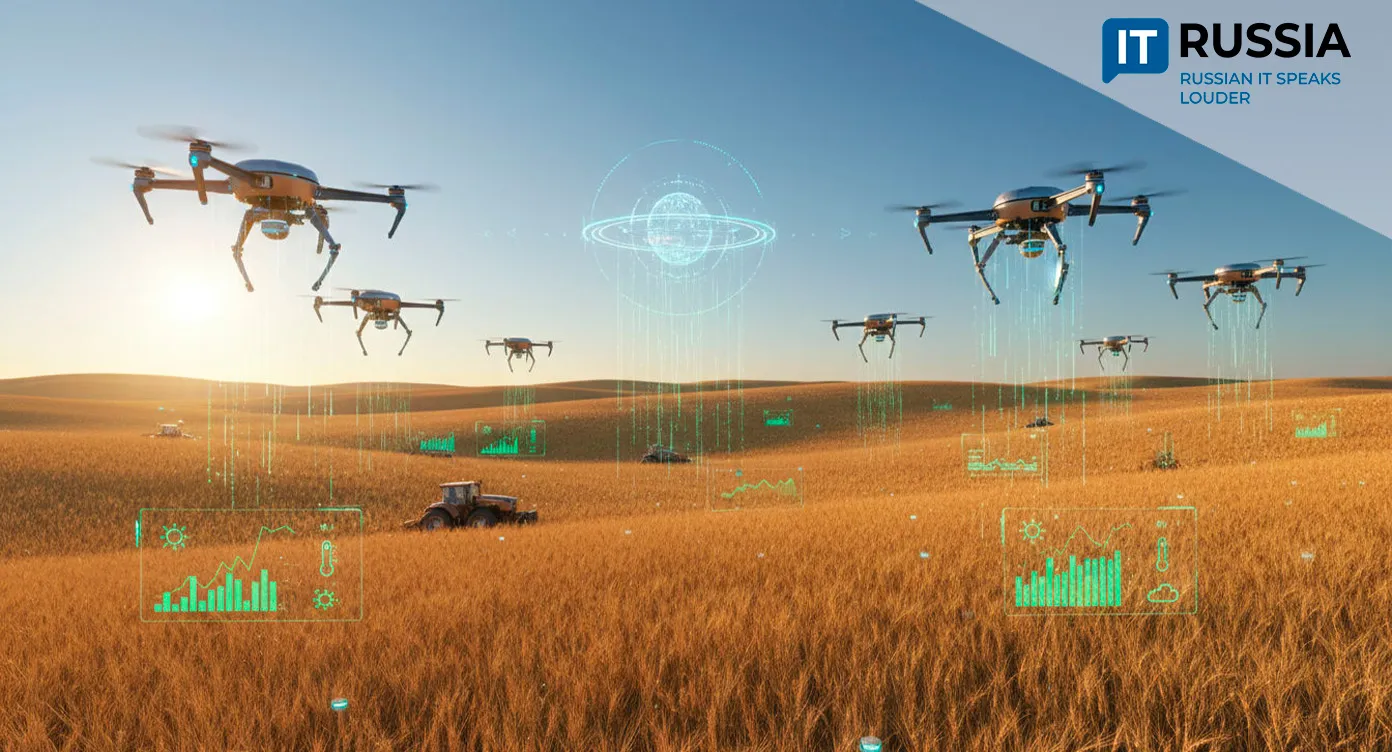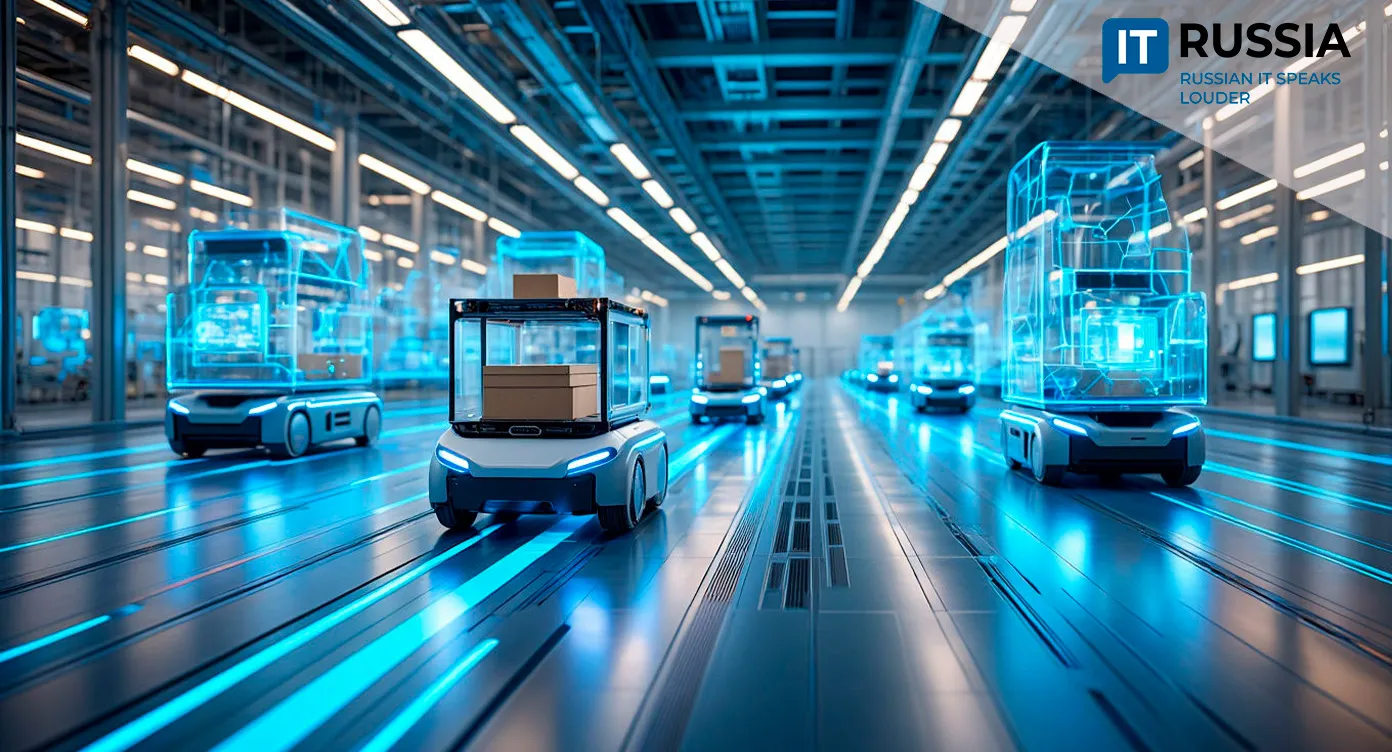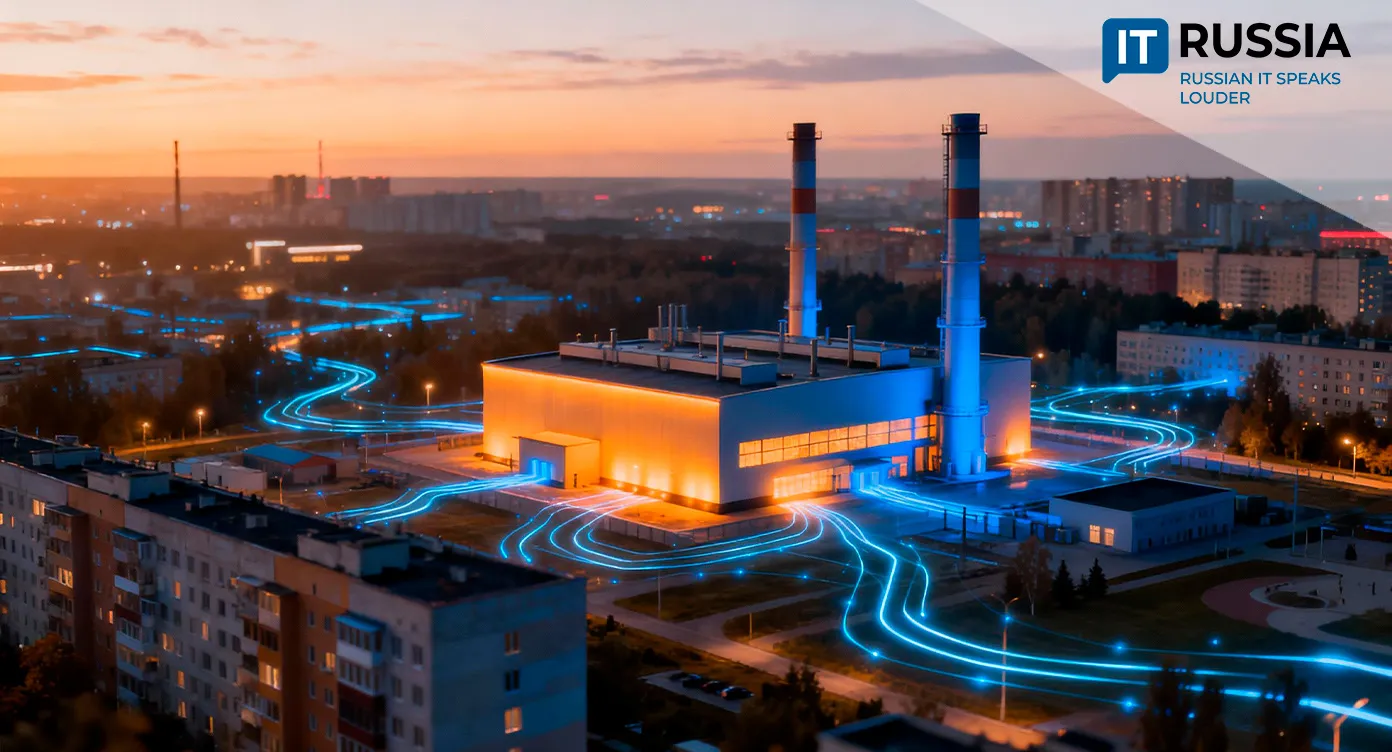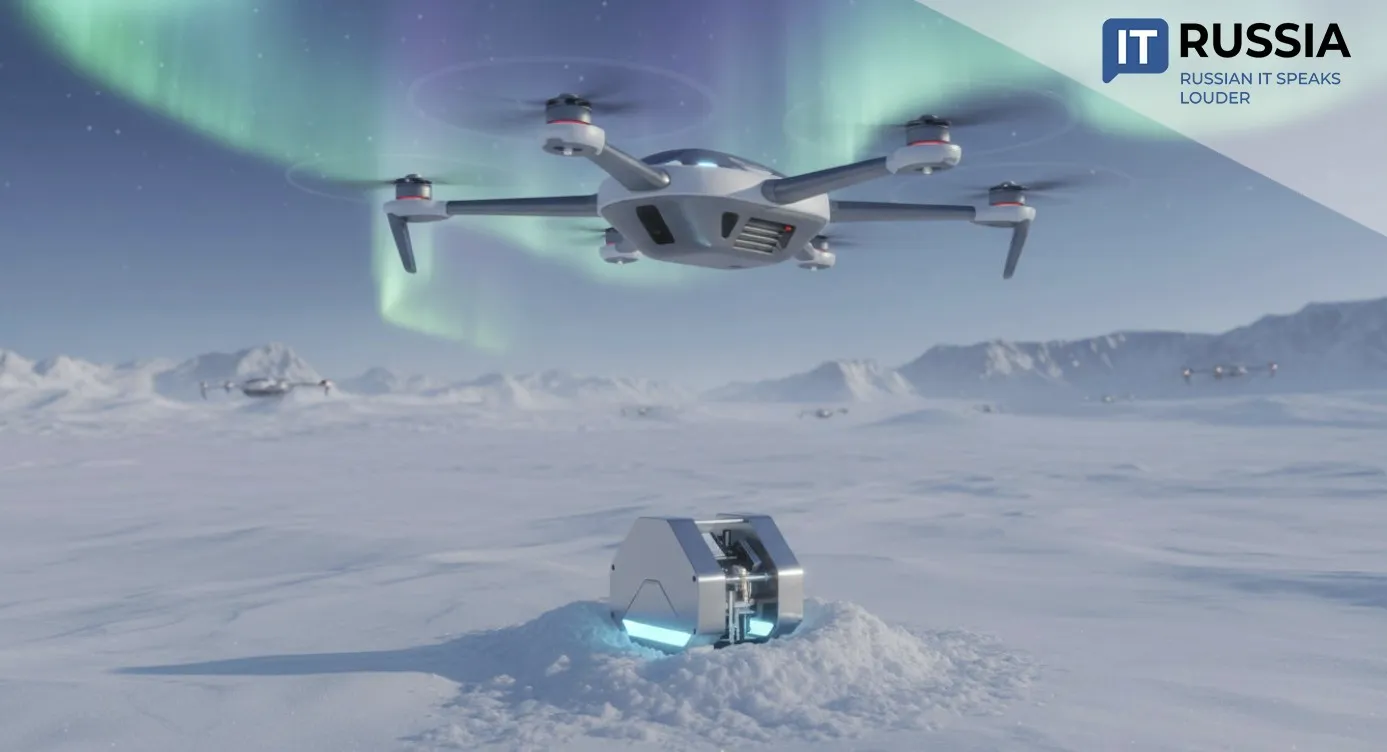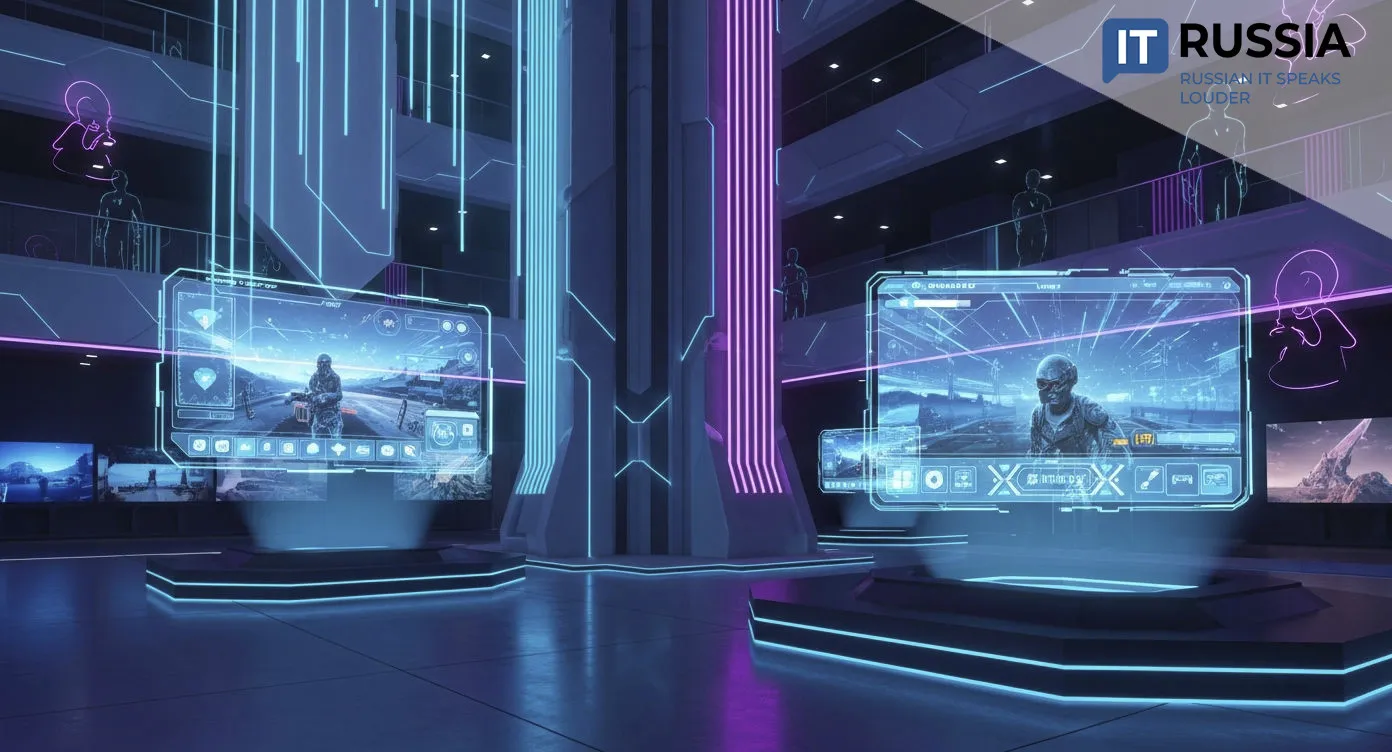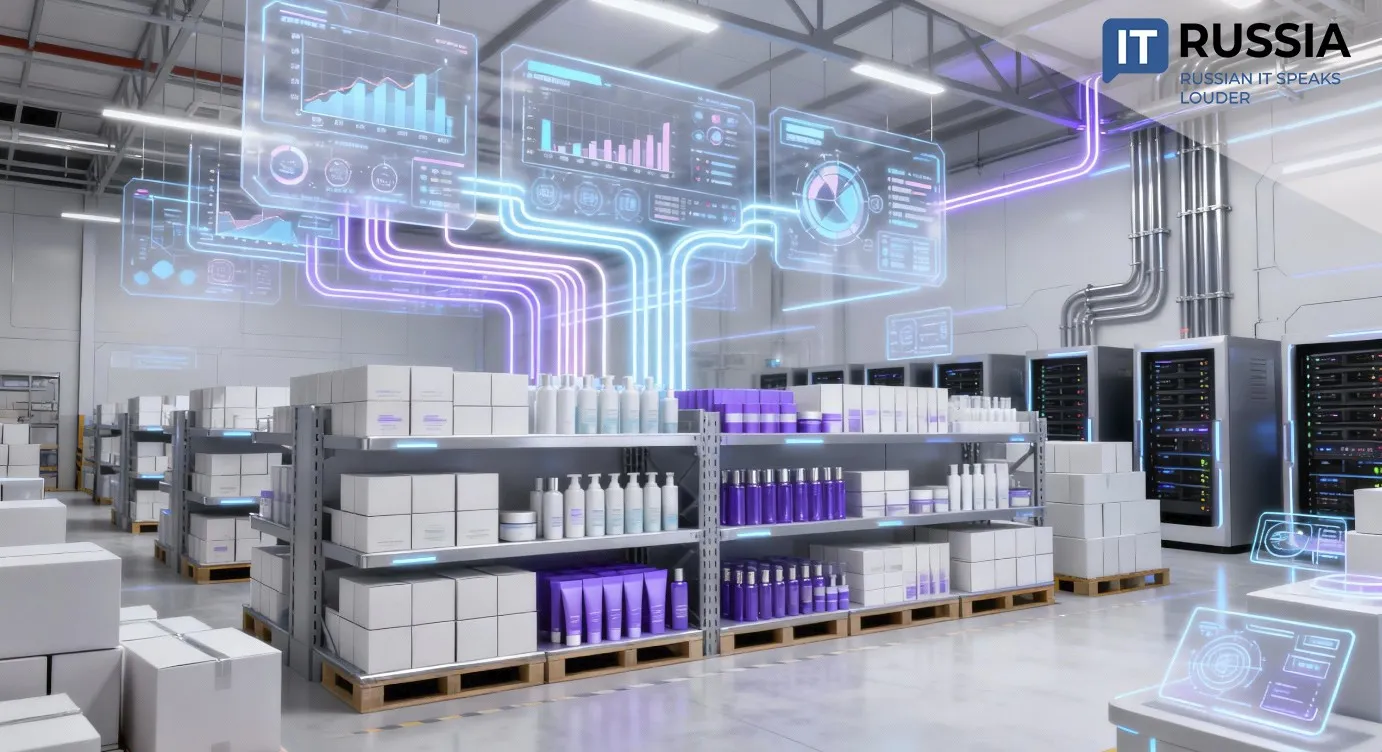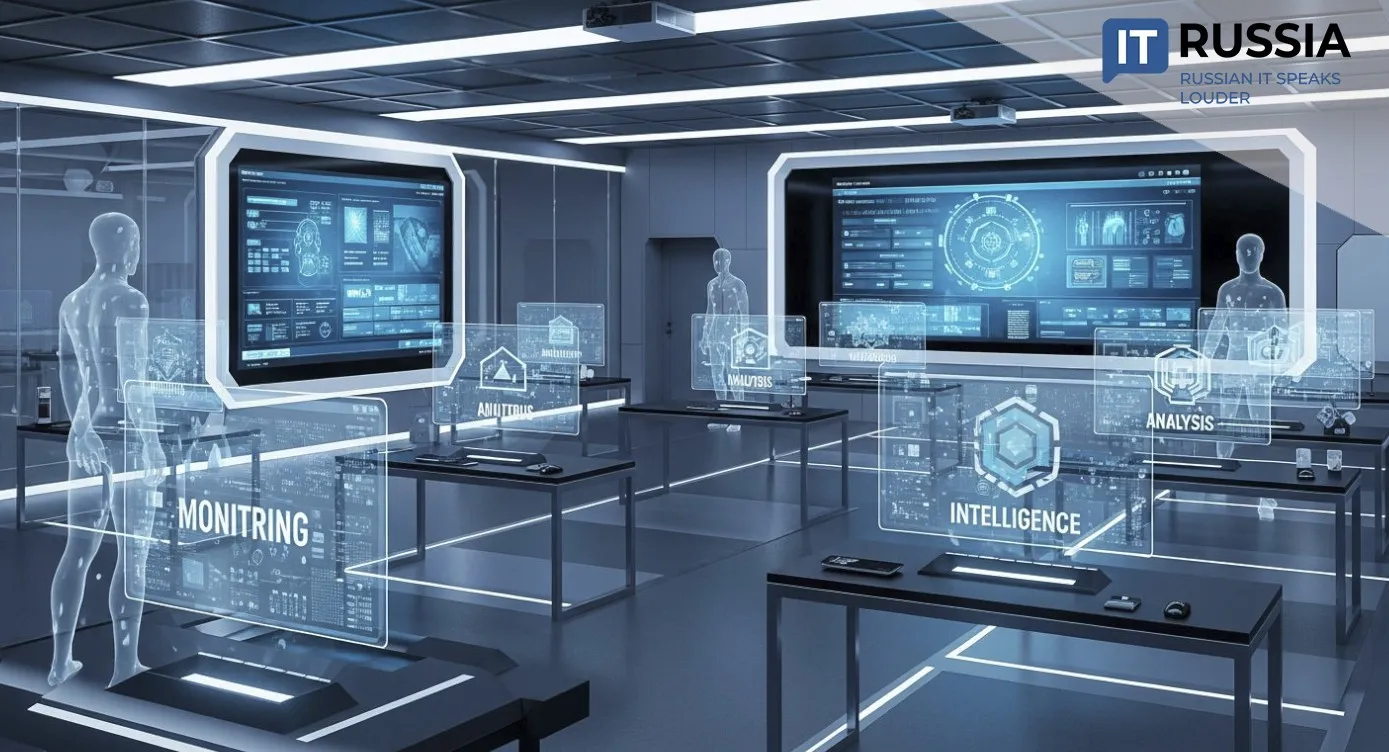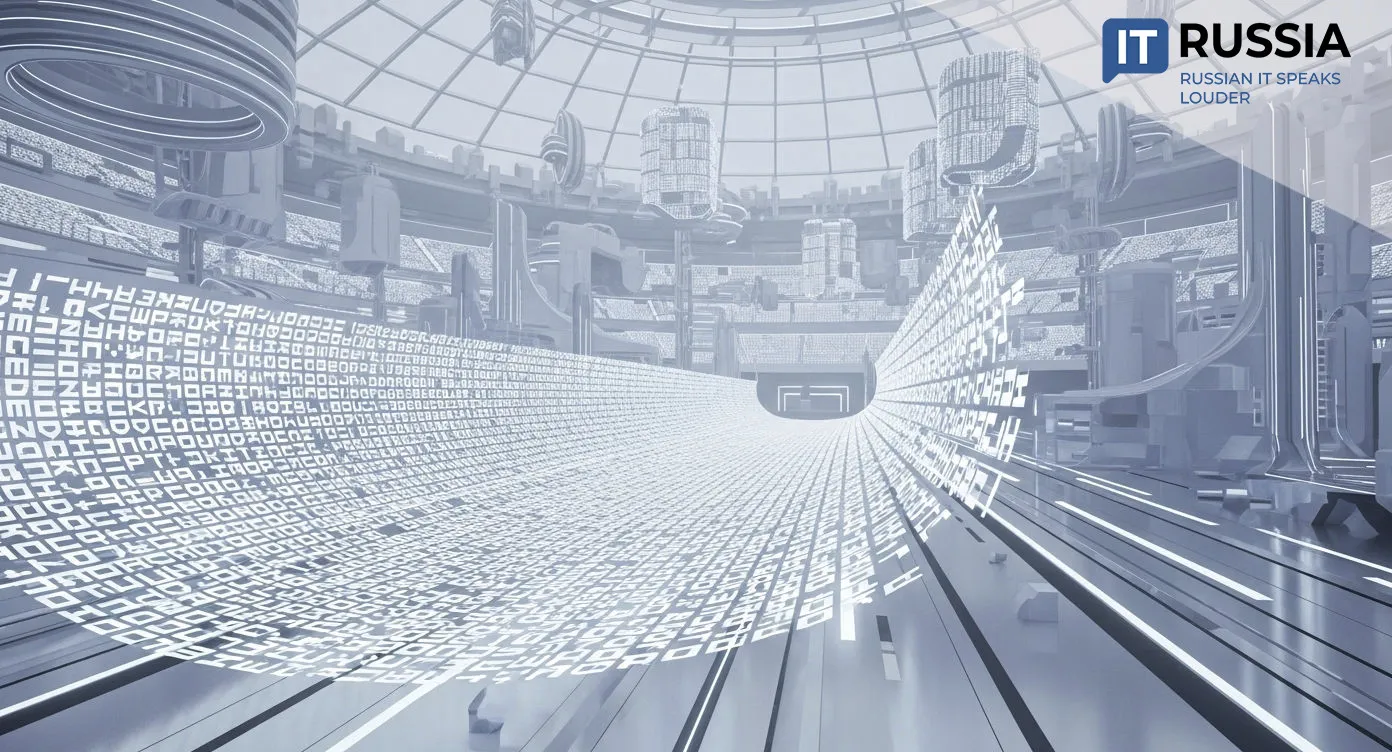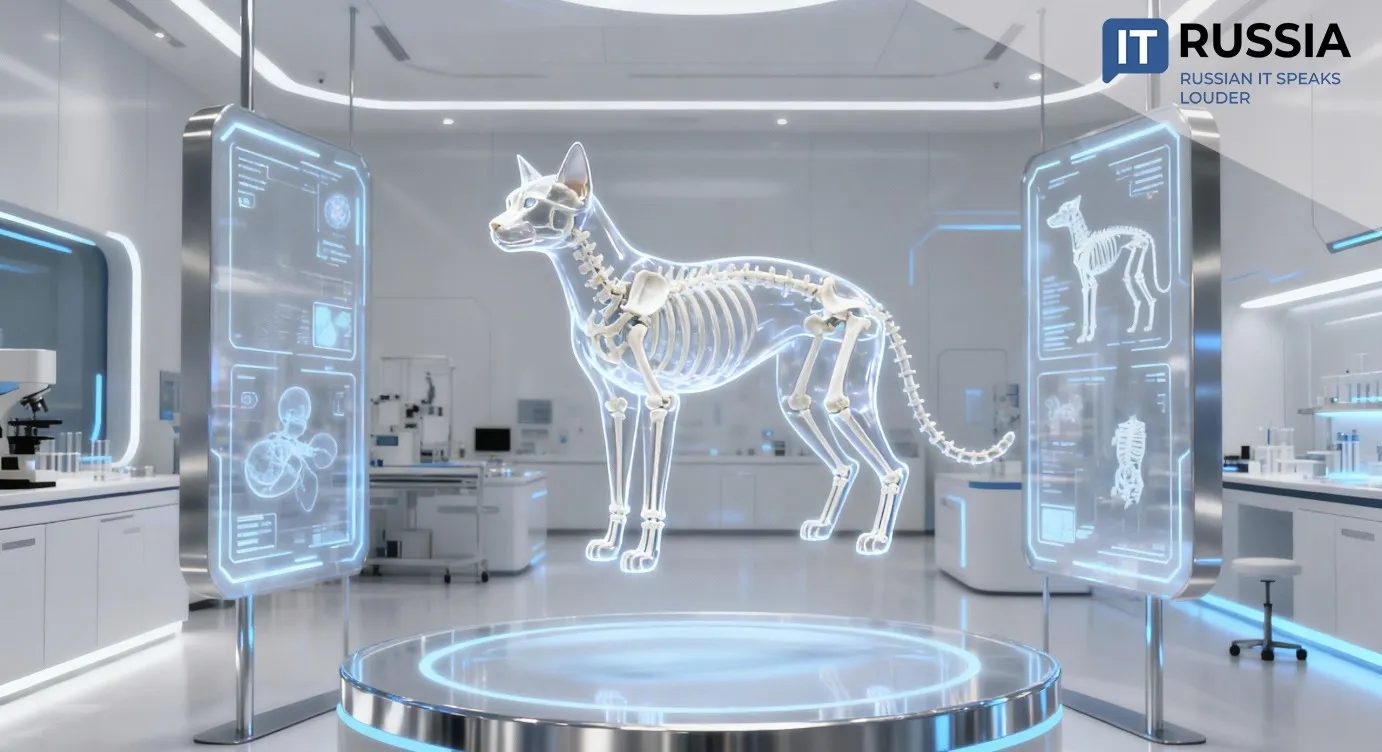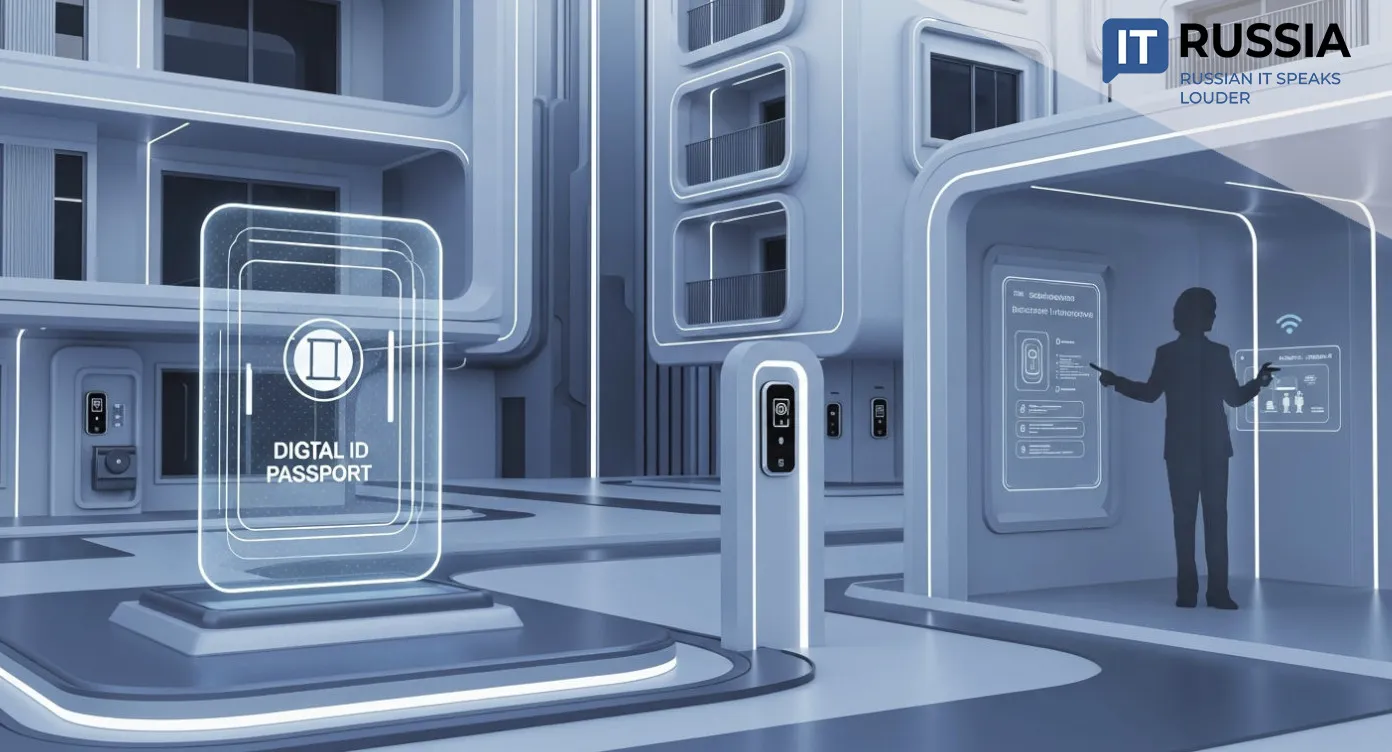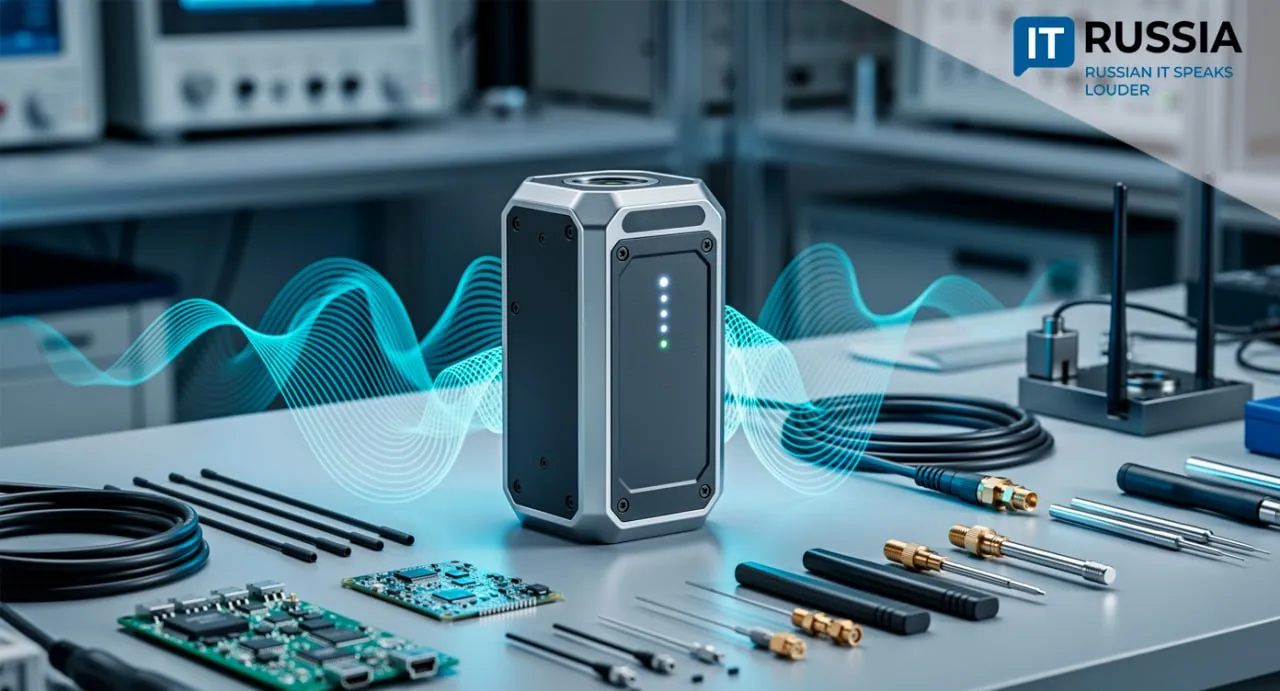Russia Pushes for Full IT Independence in Industrial Sector
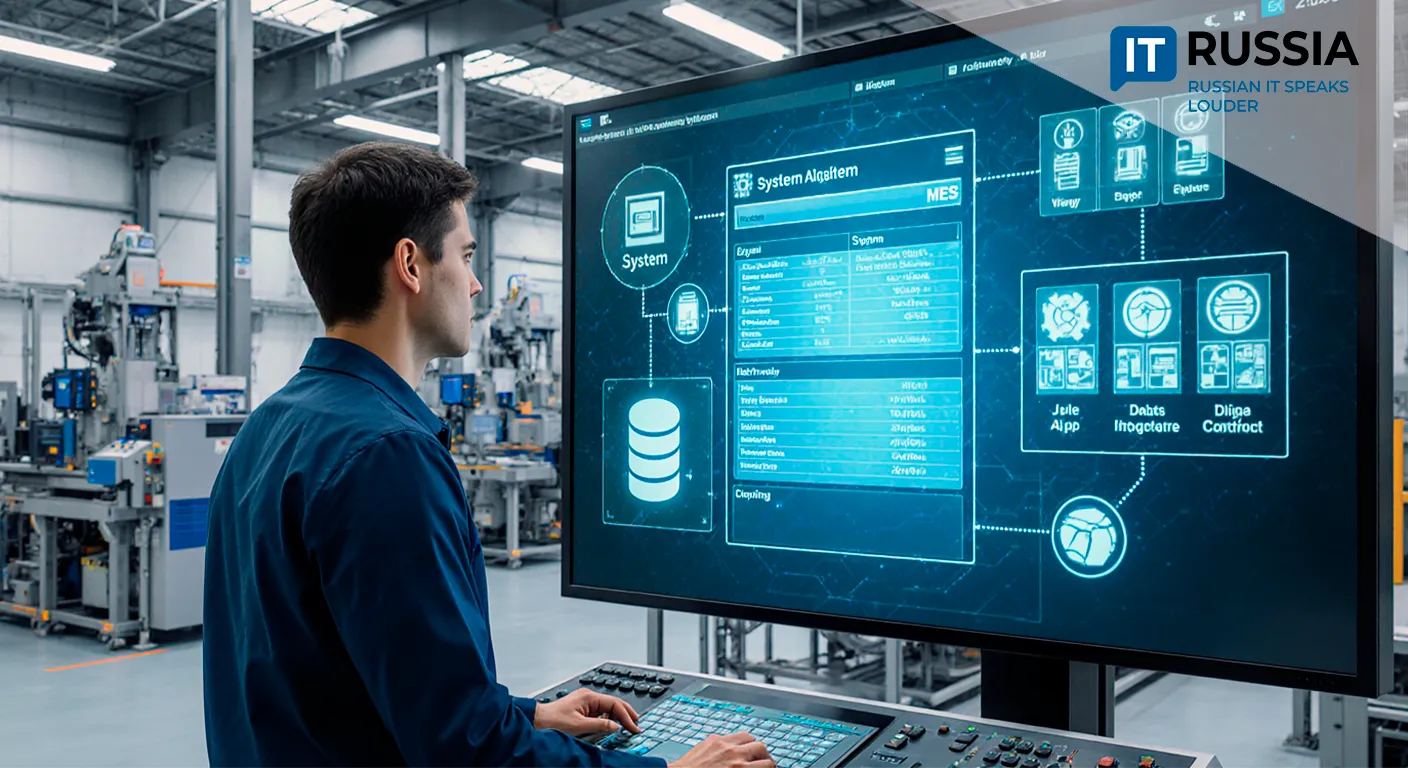
The certification of key Russian industrial software with homegrown operating systems and databases marks a pivotal step in the country’s drive to replace foreign tech dependencies.
Certification That Could Reshape Russian Industry
Russia’s industrial IT sector just scored a significant milestone. Digital technologies group Tsifra announced that its flagship production management platform, ZIIoT, and the Constructor MES suite are now certified to work with Astra Linux — the country’s most secure operating system — and Tantor Postgres, a domestically developed database management system.
The move is more than just a technical upgrade. Astra Linux Special Edition, certified at the highest trust level by the Federal Service for Technical and Export Control (FSTEC), is built for maximum data protection. Paired with Tsifra’s platforms, it promises stability across manufacturing processes, reduced reliance on foreign vendors, and the creation of fully managed, secure industrial ecosystems.

From OS to Factory Floor: A Fully Domestic Tech Stack
ZIIoT — built on a microservices architectureт— can collect, store, and process data from virtually any industrial equipment or IT system. It meets the top readiness level under Russia’s GOST national standard, ensuring high fault tolerance.
The Constructor MES suite streamlines production by automating workflows, cutting reporting time, minimizing downtime, and lowering maintenance costs.
Tantor Postgres, based on PostgreSQL, comes optimized for speed, transaction-heavy workloads, and mixed-use environments. The certified edition is cleared for use in highly sensitive industries, including government and defense.

Why This Matters for Critical Infrastructure
For Russian industry, this compatibility opens the door to end-to-end solutions that meet stringent national security requirements, including top FSTEC certifications. That makes them suitable for critical sectors like energy, metallurgy, machinery, and oil & gas—where system resilience and security are essential.
In practical terms, companies gain better cybersecurity, reduced exposure to foreign OS and database risks, and guaranteed long-term technical support for domestic solutions.
Domestic First, Global Later
Large-scale exports of this Russian tech stack aren’t likely in the short term. However, officials see opportunities in markets that want to localize their industrial IT and reduce dependence on global software vendors.
Inside Russia, enterprises can already deploy a fully domestic technological stack—from OS and database to production management software—ensuring maximum independence and control.
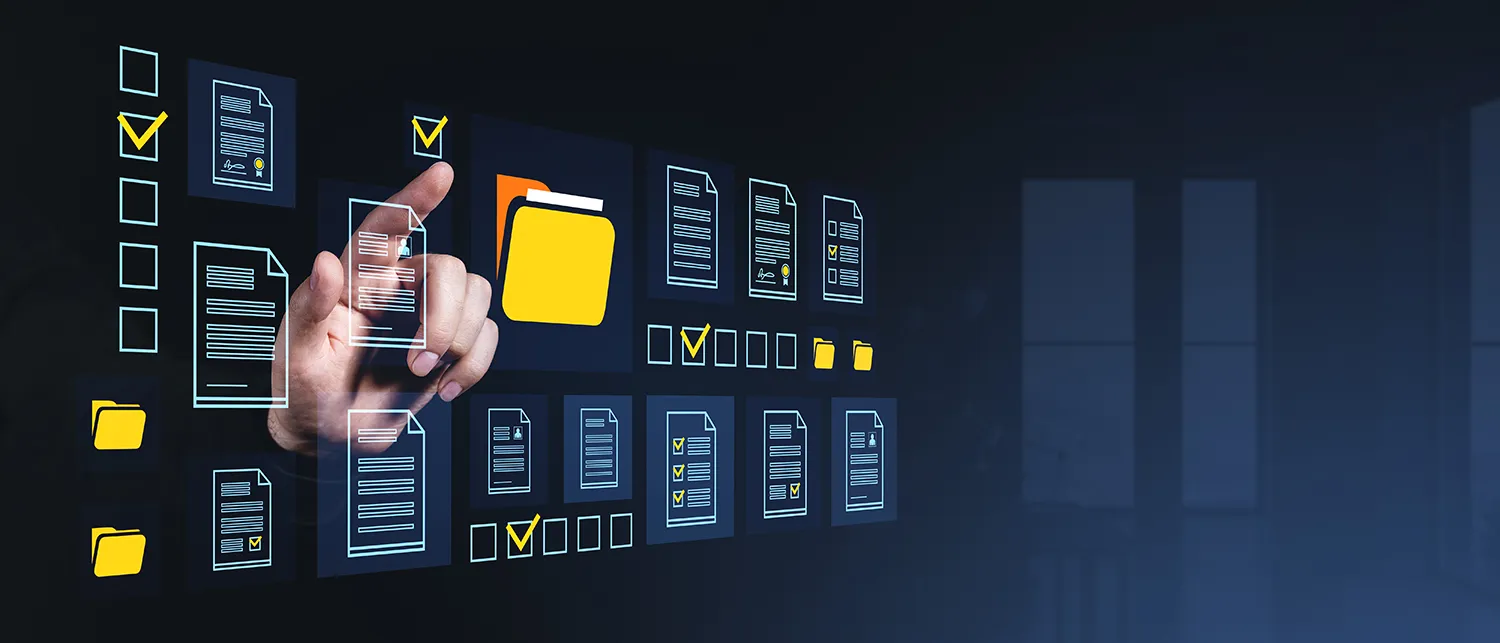
The Road Ahead
Industry analysts expect demand for fully domestic industrial platforms to grow sharply between 2025 and 2027, driven by tighter regulations, rising cybersecurity demands, and faster digital transformation under national projects.



